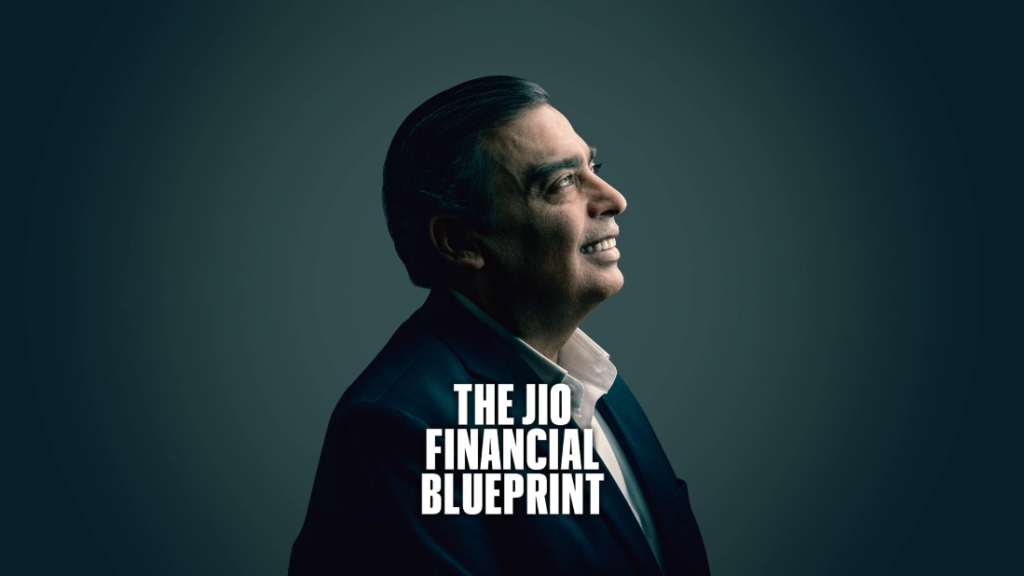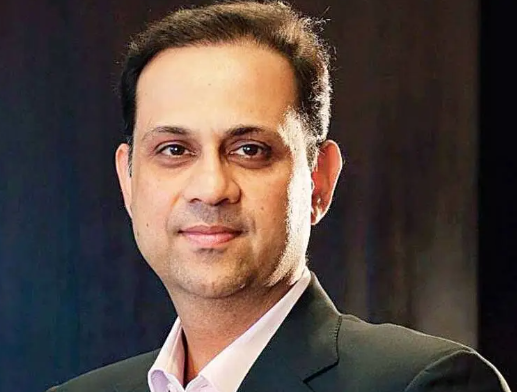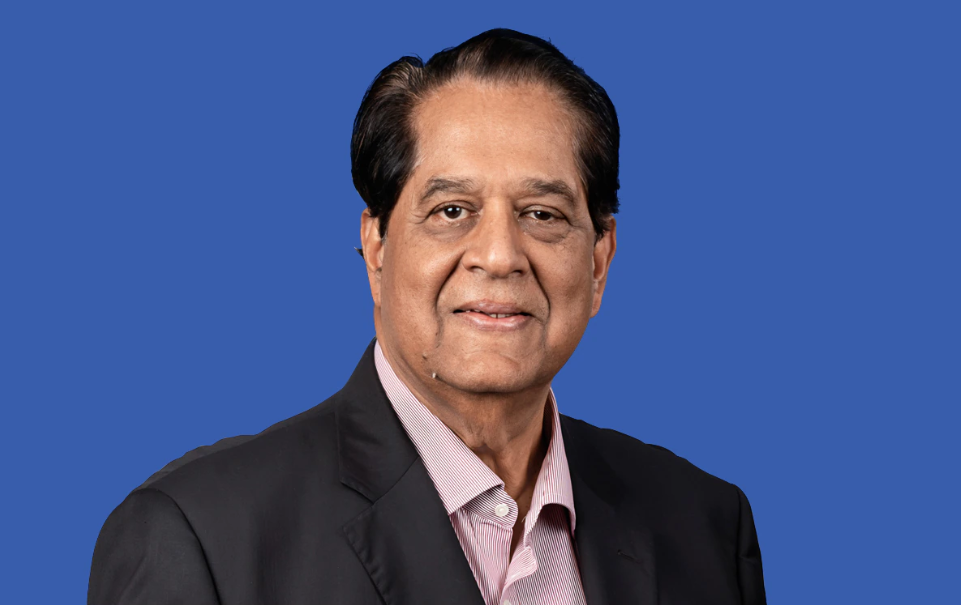Mukesh Ambani, the chairman of Reliance Industries, has all his ducks in a row with the IPO of Jio Financial Services. Will the new NBFC upend finance in the same way Jio upended mobile telephony despite entering the market late?
When Alibaba, a Chinese e-commerce company, was only five years old and had yet to become a global force, Jack Ma, one of its co-founders, introduced the payments platform Alipay for its retail clients and merchants in 2004. With its digital wallet, consumer credit, money market funds, wealth management, and digital-only bank for small businesses, Alipay (later reincarnated as Ant Financial) rose to prominence in China’s financial services industry within a decade. As Ant Financial stacked other financial services on top of the e-commerce platform, it soon had $600 billion in assets under control. A rise in smartphone use as well as China’s underserved and unbanked populace with an aspiring middle class were successful factors. China’s state-owned banks predominated the financial services industry, making it vulnerable to change. Ma had made a fortune.

The ‘fourth engine’ of the company after retail, telecom, and oil is Mukesh Ambani’s Jio Financial Services, which seeks to emulate Ma by utilizing its well-established consumer-facing companies, retail and telecom.
The proprietary payment or retail transaction data that will enable Jio to develop a business model centered on lending, asset management, insurance, and stock broking makes it difficult to overlook the similarities with Ma’s approach. The 66-year-old Ambani, Chairman & MD of Reliance Industries Ltd (RIL), is moving forward little by little. By obtaining a payments bank license in 2015, two months after the Reserve Bank of India opened up applications for this new class of banks, Ambani secured a foothold in the financial services sector. Payments banks can take little funds, are designed for payments and remittances ,and issue debit cards but not credit cards.

The market is large enough. .. Even [after] being present in 4‚000 cities [with] assets close to Rs 3 lakh crore‚ we still have less than 2 per cent [share in] India’s credit market
Sanjiv Bajaj
CMD
Bajaj Finserv
The group’s objectives were made known to the market, but Reliance never expanded the company. K.V. Kamath, a former executive at ICICI Bank, later joined the RIL board as an independent director in November 2022. In July of this year, Jio Financial Services Ltd. was separated from Reliance.

Jio Financial Services (JFS) stated on July 8 that Isha Ambani daughter of Mukesh ambani has joined its board of directors, one week after JFS was founded. On August 21, Kamath, who is currently the Chairman of JFS, stated at the company’s listing ceremony that it was conceivable to anticipate that our GDP may double over the next eight to nine years, reaching almost $8 trillion. India has a fantastic chance because of this.
The $118 billion organization has the financial resources, managerial bandwidth, group synergies, and capacity to draw in top talent, as it did for its senior management team, which included representatives from ICICI Bank, State Bank of India, and the BRICS-backed New Development Bank.
Nirav Shah, Managing Director (Investment Banking) of Equirus Capital, claims that “they have an exceptional ability to see large business opportunities.” “Their ability to time interruptions is flawless. The entire process has been executed superbly.
At RIL’s annual general meeting (AGM), which took place on August 28, Mukesh Ambani revealed the JFS gambit to the shareholders. According to him, JFS was created to address a crucial vacuum in the financial services requirements of a significant portion of the Indian economy, particularly in the unorganized and underserved sectors in rural, semi-urban, and metropolitan areas.
In line with Mukesh Ambani’s usual strategy, JFS is vying for the majority of the quickly expanding financial services sector through both organic and inorganic expansion, acquiring products, regions, and licenses. It features an autonomous CEO for each firm and a modular structure. Therefore, A.R. Ramesh is the CEO of Reliance Payment Solutions Ltd. and Vinod Easwaran is the CEO of Reliance Payments Bank.

RIL has a track record of upsetting existing companies when it enters a market. With its inexpensive prices, it slashed the leaders when it entered the telecom industry with Jio in 2016. Forget about telecom or retail; when they began producing mangoes inside the Jamnagar refinery complex, they swiftly grew to be Asia’s top exporter of the fruit, according to a banker. Financial services are by no means easy pickings, though.
Boots on the Ground of Mukesh Ambani
Investors and industry professionals were baffled two years ago as to why Mukesh Ambani purchased Justdial, a company that offered dealers and SMEs in its online Yellow Pages. Reliance was chasing the gold mine of partner merchant data that Justdial had collected. Smaller participants were also supported by Justdial’s technology and payment options. RIL and Microsoft teamed up a few years ago to embrace cutting-edge technologies for SMEs, including data analytics, AI, blockchain, etc. In order to learn more about suppliers’ operations, Ma’s Ant first gave them digital tools. Mukesh Ambani seems to be going in the same direction. Ma operated an unsuccessful Chinese Yellow Pages company.
The 426 million consumers’ telecom data from RIL, including usage trends, roaming, data usage, family usage, and default records, is greater. Reliance Retail has information on more than 18,000 stores, including clients in the food, consumer electronics, fashion, lifestyle, and medicine industries. (See the box A Galaxy of Chances.) The distribution model uses the web, applications, and physical stores to sell things in a cost-effective manner.
According to a banker in the public sector, “They have the advantage of starting with a clean slate when traditional, well-established players are struggling with technological changes.” With its scalable, cloud-based technology approach, JFS offers significant cost reductions. When it came to Ma, time was everything. JFS has the whole India Stack at its disposal, including Aadhaar, e-sign, eKYC, UPI, ONDC, and the Account Aggregator architecture, which will allow it to grow its operations.
So, what’s on offer from JFS?
The Leading Sector is High-Yield Lending
JFS is a non-banking financial corporation (NBFC) that controls an equities broker, an asset management company (AMC), an insurance business searching for a well-known partner, and a lender with a strong consumer durables focus.
Consumers and businesses can get unsecured and secured loans from Reliance Retail Finance Ltd. It started providing loans in a limited capacity in 2019. It will make use of the retail businesses run by the group in the consumer electronics, groceries, and fashion industries. JFS is first focusing on financing consumer durables using the EMI model through the more than 400 Reliance Digital outlets. In 2022–2023, Reliance Digital and Commerce made close to Rs 50,000 crore in income.
According to Vikas Garg, co-founder and CEO of fintech startup Paytail, “the main focus of consumer durables financing has traditionally been electronics and mobile devices, which still make up a significant portion of the market.” JFS, however, also offers supermarket and fashion formats to profit from the credit boom. The database on payments and defaults will start with consumer durables that have received manufacturer, OEM, or dealer subsidies. After that, it will upsell customers with an excellent credit history on additional products, such as secured loans.
The merchant lending sector will provide financing to retailers in industries including food, e-commerce fashion, and pharmaceuticals that don’t have easy access to low-cost capital. These include unsecured commercial loans, trade finance, loans for shop improvements, and short-term personal loans.

It already provides payment features to retailers. Particularly during busy times like festivals, JFS has a solid database of kirana retailers to underwrite them for short-term working capital loans. JioMart collaborates with neighborhood mom-and-pop shops to provide an online shopping platform.
AMCs… don’t demand significant capital unless there’s a strategy to heavily discount or offer low fees. It’s a profitable business at scale
Tej Shah
Portfolio Manager
Marcellus Investment Managers
Also Read: Mukesh Ambani Son Akash Ambani: A Glimpse Into His Life
image source:google




































